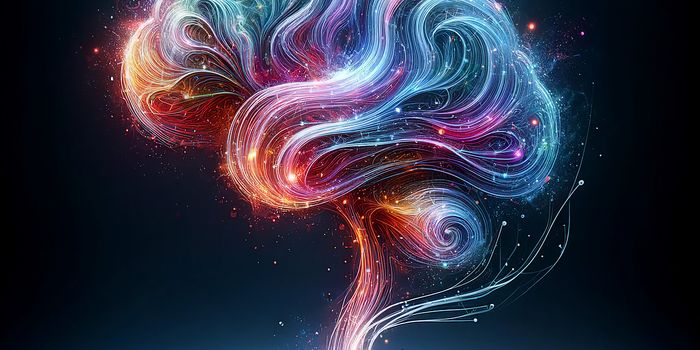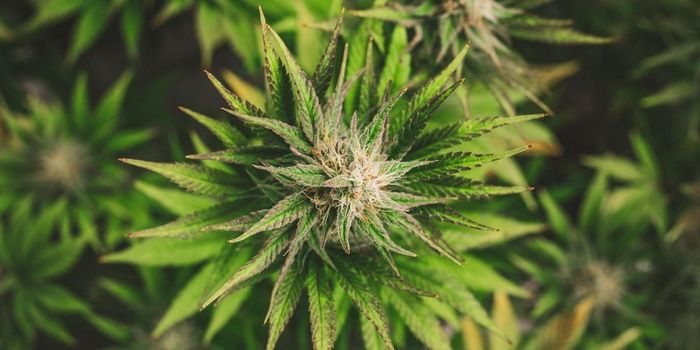Researchers Use AI to Predict the Onset of Mental Illness
Mental illness has become increasingly common in society. Currently, it's estimated that nearly a fifth of all U.S. adults have some kind of mental illness. Over the past decade, there has been a roughly 13% increase in mental illnesses globally. The COVID-19 pandemic has only accelerated this growing trend, causing a roughly 25% increase in anxiety and depression disorders around the world.
Despite knowing that mental illnesses are on the rise, researchers still struggle to predict when a mental illness might develop. Specifically, naming objective markers for identifying mental illness evades researchers, making accurate and timely predictions challenging to make.
To help overcome this limitation, researchers are using machine learning technology to help clinicians make more accurate predictions about when a mental illness might develop. Researchers describe their technology and its use in a recent article in Frontiers in Digital Health.
Specifically, researchers integrated the use of wearable health devices and medical examinations of study participants to generate data the AI, which uses an algorithm called the XGBoost algorithm, could use to make predictions about mental illness onset. In total, over 4,600 participants in Japan were included. Participants wore Fitbit devices that measured vital signs as well as sleep patterns. At regular intervals, participants also underwent medical examinations and gave blood samples to provide further data to the algorithm.
One interesting finding from the study showed that sleep abnormalities collected by wearable devices tended to occur about 3 months prior to the onset of a mental illness. Specifically, these findings suggest disruptions to normal sleep patterns could be a potential sign that a mental illness may be developing and allow for more timely interventions.
Prior research suggests that sleep is connected to changes in mood and depression symptoms, so the findings from this study offer helpful evidence and support that sleep changes could be used to predict the onset of mental illness.
Researchers also noted similar trends regarding alcohol consumption and the onset of mental illness.
Sources: Frontiers in Digital Health; WHO








